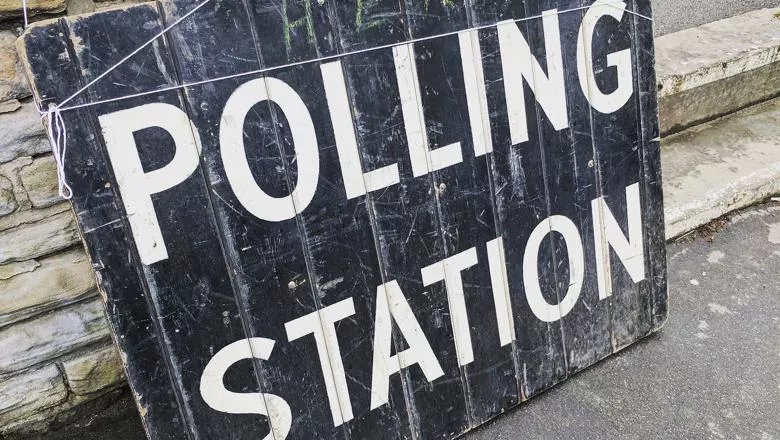25 June 2019
Young women are more likely to vote Labour compared to young men and older voters
Austerity policies have been particularly detrimental to single women, women with dependents and ethnic minority women, hears Centre for British Politics and Government’s inaugural seminar.

In recent UK elections, young women have been likely to vote for Labour compared to young men and older voters, and especially unlikely to vote for the Conservatives. Dr Rosalind Shorrocks, from the University of Manchester, argues that this is largely due to the impact of austerity policies, which have been particularly detrimental to single women, women with dependents, and ethnic minority women, all of whom are concentrated within younger demographics.
Academic specialists, including Dr Shorrocks and Professor Azadeh Kian from the University of Paris, joined academics from King’s College London for the Centre for British Politics and Government’s most recent Gender and Populism seminar. The panel of specialists examined how gender intersects with class and generation within French and British politics.
Adding to Dr Shorrock’s findings, Professor Azadeh Kian pointed to the gender gap in 2002 presidential elections, when Jean-Marie Le Pen then head of the National Front was elected to the second round of presidential elections. Had women been the only ones to vote Le Pen would not have been elected to the second round. His traditionalist, authoritarian, sexist, xenophobic discourse was rejected by many female voters.
The inaugural seminar, held on Tuesday 18th June, also heard from Professor Rosie Campbell, Director of the Global Institute for Women’s Leadership at King’s, who discussed why fewer women support Nigel Farage’s Brexit Party. The discussion highlighted the importance of both analysing how gender intersects with other social positions and identities, as well as the responses of voters to the political environment, when trying to understand the relationship between gender and voting patterns.
The Gender and Populism: British, French and US Perspectives seminar was the first in a series of events on gender and politics, held jointly by the University of Paris and King’s College, London.
